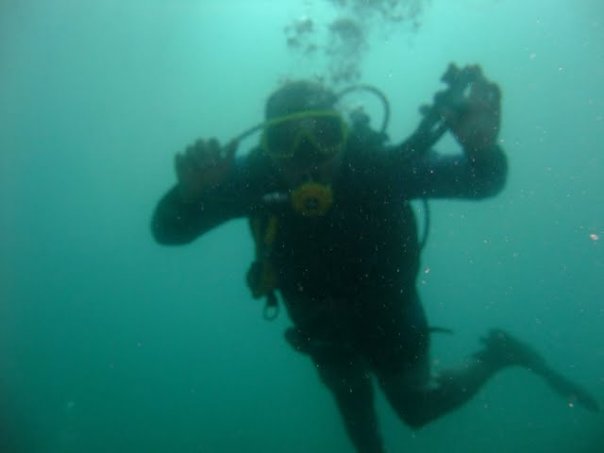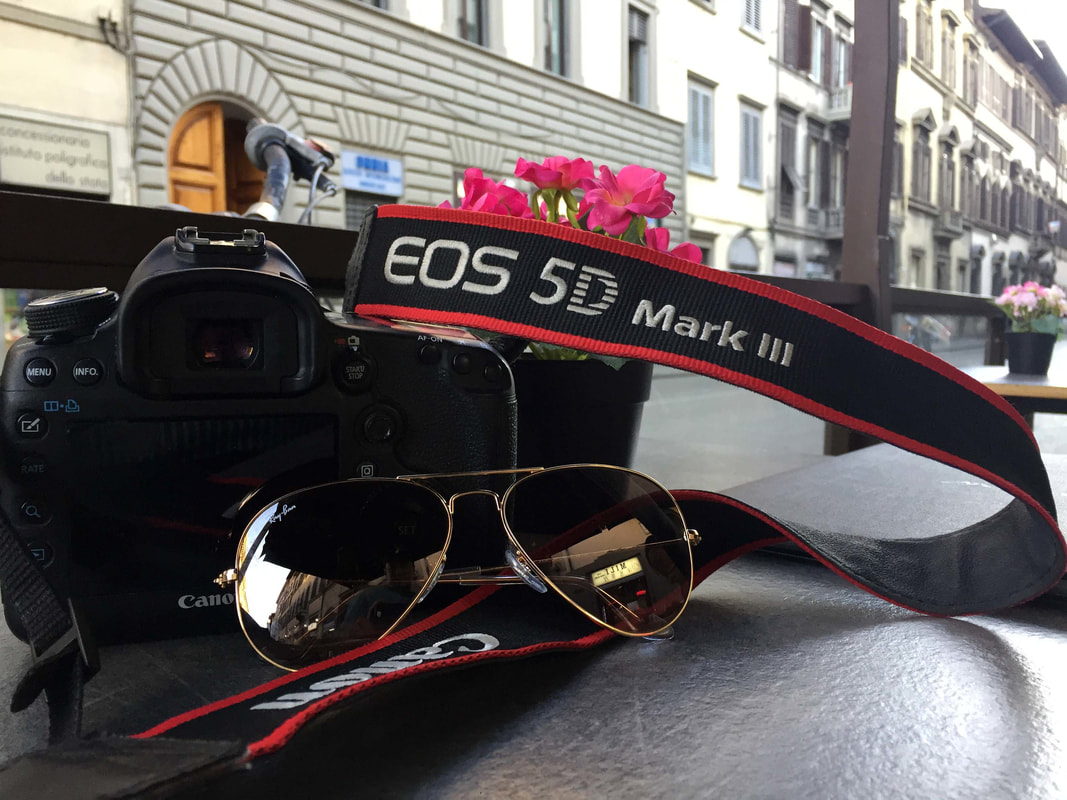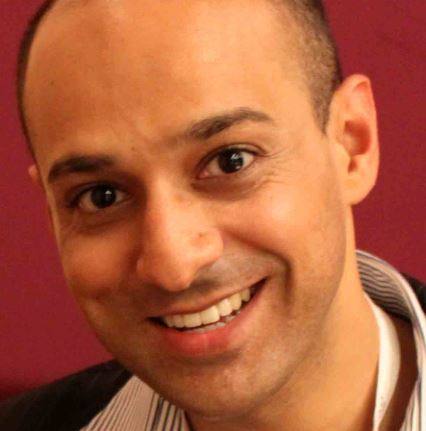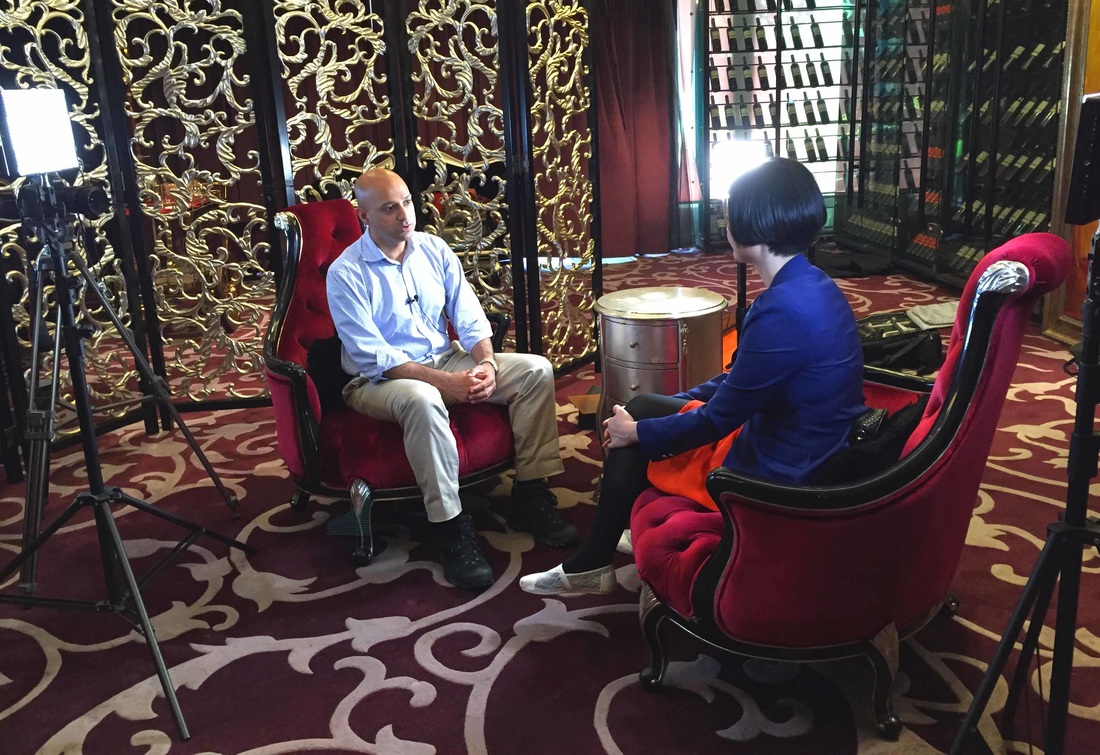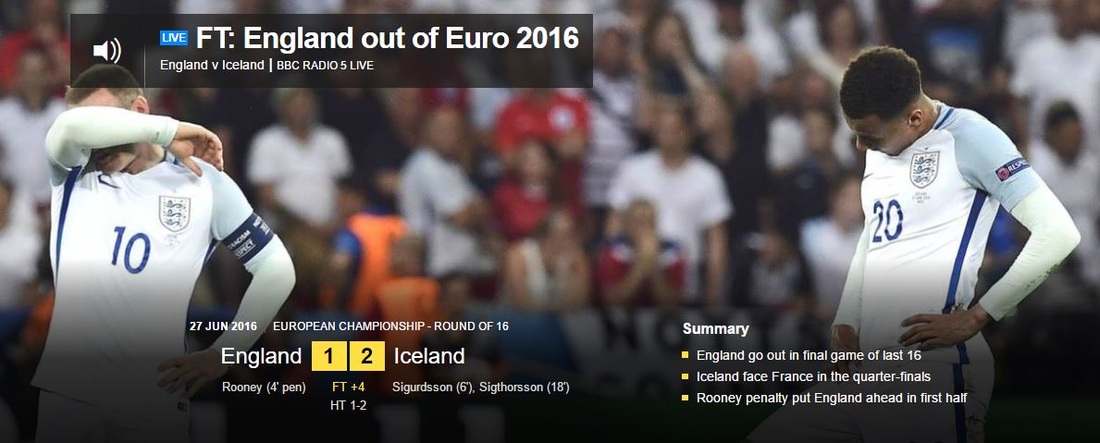 England have lost a very important football game to Iceland at the Euro 2016. It is not the fact that England have lost a football game, because they usually do lose at big tournaments, despite putting so much effort into preparing for such events, but it is the fact that they lost to Iceland- a team which doesn't really posses the talented players that England has. England players should really be ashamed of themselves (seriously...come on, this is terrible). The second half performance was nothing short of atrocious. I know they held Portugal and have played well. But try telling someone like my dad or my uncle that England have lost a game of football to Iceland. He'd laugh in your face. Photo Copyright BBC From the 20-23rd June, I had the chance to visit the Cannes Lions International Festival of Creativity held in the southern French city of Cannes. The Festival is a seven-day global event for those working in the creative communications, advertising and related fields. It is considered the largest gathering of worldwide advertising professionals, designers, digital innovators and marketers. Practically, the who's who from the advertising industry comes to this festival. This is the advertising and agency industry's version of the Cannes Film Festival. Each June around 15,000 registered delegates from over 100 countries visit the Festival to celebrate the best of creativity in brand communication, discuss industry issues and network with one another. Packed with my trusted Canon 5D Mark III, my tripod, and my notes (18 meetings a day were booked!), I left early Monday morning on the 20th June from Gatwick with Niall McKinney, the CEO of The Knowledge Engineers AR, VR, Data, Content Marketing were a big part of Cannes this year. There were some great activations including the opportunity to explore Mars on a school bus, as well as the opportunity to ride a surf wave or ski in the alps with Samsung’s latest VR equipment. Google seems to think that these are the technologies that will impact our lives in the next year. But can you imagine wearing a VR set and walking around the city? Steve Vranakis, chief creative director at Google said: “creatives need to distinguish between VR and YouTube 360 because they are not the same thing and creatives also need to better understand the user in order to make sure they really apply the technology and embed it properly to provide a better user-experience.” "VR is an extremely multidisciplinary medium. It takes a lot of things for VR to work its true magic.” - Ola Björling, Global VR Director, MediaMonks. Indeed, the key message this year was that technology is no longer enough to impress humans. In a landscape that is more competitive than ever, the talk of Cannes this year was that it now expected as a standard as part of the marketing mix that there is an AI or VR element. ‘Digital Marketing’ has almost become obsolete as a term or offering, marketing is now just ‘digital’ and is expected to be so. Data was another big topic at Cannes this year, but what I have found is that we have a lot of tools to capture the data but we (agencies) don't develop a lot of skills to analyse the data. Wei Fei, chief creative officer at FCB China told me that "People generate the data and data is about the people and so people are important when it comes to data. Things like their behaviour, their needs, and what it makes you feel and what can you do to change that thing to solve the problem." Haydn Sweterlitsch of HackerAgency elaborated more: "I do believe that with the speed of processing improving exponentially and with our ability to harvest data being the stuff of science-fiction, it comes down to the next step, which is that we have Big Data, we have Smart Data and the next step in the evolution is Beautiful Data. This would be data that informs you and that is digestible, and eventually becomes actionable. That to me is beautiful data and that is the future of data." Many experts were pointing out that it would be right to consider 2016 as the year of tech education and 2017 as the year of tech application. It would be interesting to see what the reality would be like and what trends will be exposed in next year's event. 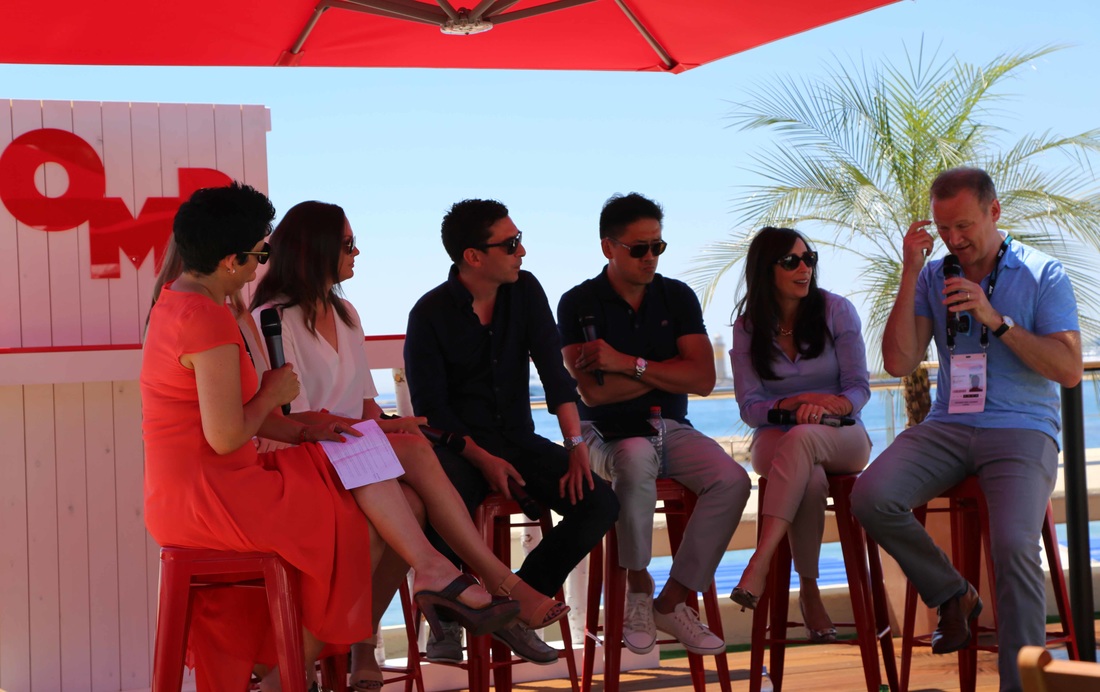 Nikki Mendonça, President, OMD EMEA; Meredith Kopit Levien, Executive Vice President and Chief Revenue Officer, The New York Times Company; Cecily Mak, Chief Revenue Officer, Flipboard; Rich Raddon, Co-Founder and Co-CEO, ZEFR; Robbie Douek Managing Director, EMEA, Maker Studios Inc; Sara Hopkins, Social Media Influencer and Simon Lowden, President & CMO Global Snacks and Insights, Pepsico: Photo Copyright Navjot Singh  Nikki Mendonça, President, OMD EMEA; Meredith Kopit Levien, Executive Vice President and Chief Revenue Officer, The New York Times Company; Cecily Mak, Chief Revenue Officer, Flipboard; Rich Raddon, Co-Founder and Co-CEO, ZEFR; Robbie Douek Managing Director, EMEA, Maker Studios Inc; Sara Hopkins, Social Media Influencer and Simon Lowden, President & CMO Global Snacks and Insights, Pepsico: Photo Copyright Navjot Singh  An England fan wearing a digital shirt. News UK transformed its super yacht the Panthalassa into a hub of event activation, with guests trying wearable tech shirts one evening while watching the football, with the T-shirts reacting to developments in the game and where guests could feel the contact of the ball on screen. Photo Copyright Navjot Singh 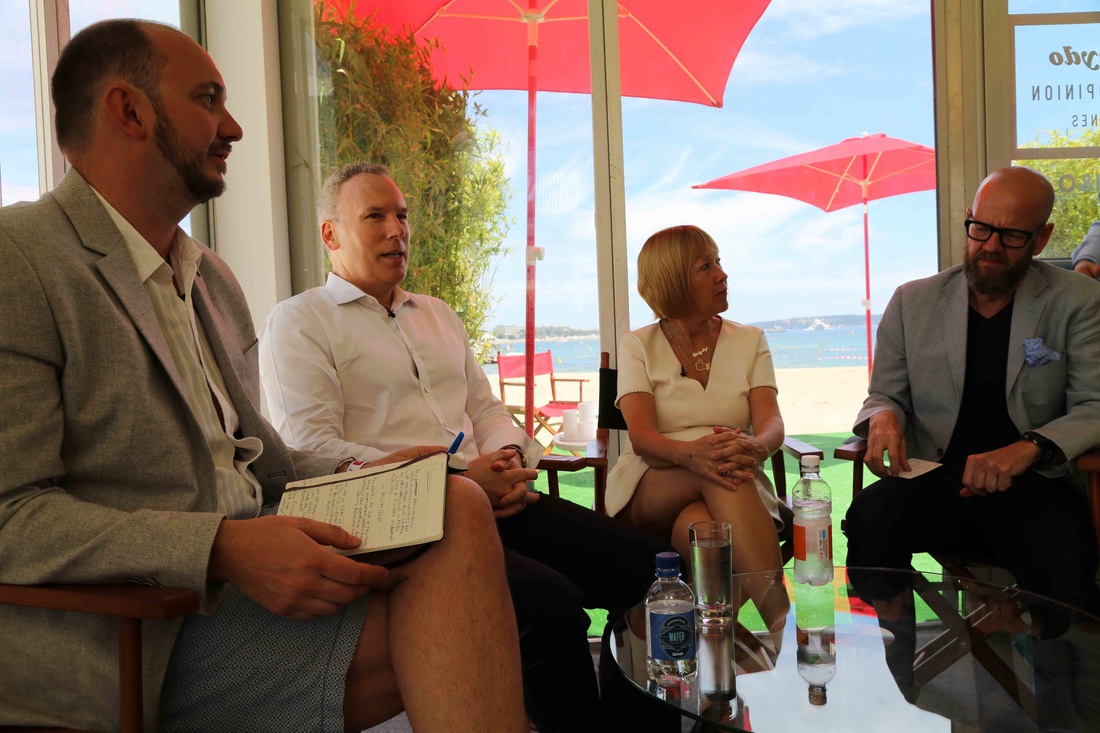 Panel discussion on ubangeas, which is a term coined in a soon-to-be-published report from Ogilvy and refers to the grand conglomeration of cities into new areas in the more ‘exotic’ parts of the world and how that is going to affect digital media and its impact on consumers and the way brands need to talk to them, work with them and be creative, particularly talking about the velocity of growth in middle classes, perhaps in countries which we have not featured so much about as business owners or marketers. The panel talk was moderated by Niall McKinney, CEO and Founder of The Knowledge Engineers (as well as being the Editor-in-Chief of 12ahead.com). The panelists were Cindy Gallop, a well-known consultant and Founder of IfWeRanTheWorld, John Gerzema (far right), an author and CEO at BAV Consulting and Justin Sturrock (second left), leads people and organization practice at PwC. On the 23rd of June, the whole of the United Kingdom went to the polls to vote and decide if we want to stay in the European Union (EU). The result? Brits voted to leave the EU-I say again- the power of democracy had made people vote to leave the EU...interesting times ahead. Within hours of the result coming out, the price of gold jumped nearly 7% to $1,348.27 an ounce and the £ is still fluctuating like crazy (1£GBP = US$1.36). The last few days have been seismic and historic for Britain, the greatest political crisis since the second world war with reverberations felt around the world. Whichever side of the Brexit debate you were on, we are entering a period of great political and economic uncertainty.
Boris Johnson, the former Mayor of London, said the UK won't "pull up the drawbridge", starting the tricky task of telling people who voted for this that they can't have it. They messed up...since then, over two million people signed petition to have another vote to decide to stay in the EU...a possible re-run of the referendum so this time people can actually vote to stay in the EU? Is this a democracy? Second full business day after Brexit vote will begin on Monday... no Article 50 notification....they will do whatever they can to delay it....get used to this...they made the public look foolish.... The Deep State and the global controllers in the Upper House are furious over this. When Chapter 50 is filed there's going to be a very negative effect; they will make things very ugly in Britain to make us an example to the other EU member states not to even think about leaving. It all looks great now but the party won't last long...come 10 years it will look ugly for sure. Not good in the long run. Nigel Farage backtracked on Vote Leave's '£350m for the NHS' pledge hours after result. The Ukip leader (who was educated at Dulwich College, can you believe) said he had never made such a pledge. Someone wrote (I quote): "Things will be unstable for the UK whether or not there will be "interference". The currency deep dive is just the beginning, and then there will be changes to trade policy and so on. Now, if people see the good of leaving and vote what they think best - fine; what really worries me is the level of stupidity of the people! What they said were absolute shockers. The 10 years to come will be really bad because of the existence of such naive and ignorant creatures." On the plus side, at least there is no threat of us having Donald Trump as our new leader … although there is chance that we may have someone who looks a bit like him … My latest article is about contemporary art in Beijing, for the June issue of Qryx, the in-flight magazine for Qatar Airways (the world's 5-star airline).
In a world that has become digital and where media outlets are competing to report honest and reliable news that is delivered accurately and with speed, the question on everyone’s minds is, what is the future of news? This was exactly the topic of discussion at an event hosted by Thompson Reuters earlier this week, where panellists discussed how audiences of tomorrow will consume and engage with journalism, which platforms and formats will dominate, what tomorrow’s news will look and sound like and how it will be monetised.
Navjot Singh, editor of 12ahead.com at The Knowledge Engineers, attended the live discussion held at the EMEA HQ of Thomson Reuters in London on the 1st of June. The event, named ‘Tomorrow’s News’, was a follow-on industry discussion that derived from an important survey by Reuters.com into the news reading habits of over 1,200 of the site’s users, which was released earlier on the same day that the panel discussion was held. The publication’s digital executive editor Aron Pilhofer from the Guardian said it was “doubling down” on paid-for membership after signs of decline in digital display advertising within the industry. Eighty-four per cent of respondents of the survey said they were interested in receiving breaking news, and 85 per cent of them said they do so by checking multiple sources. The survey also highlighted that when it comes to people's desire to pay for quality news – 62 per cent of those surveyed agreed they would not consider paying. The research also sheds some light on what digital trends and new technology formats are likely to influence how younger Reuters.com readers will consume news in the future, with over ninety-three per cent agreeing that the increasing power of mobile devices will play an important role, while 88 per cent also cited mobile app development as a factor. Apart from Pilhofer, panellists at the discussion, which was broadcast live on Facebook Live and on Periscope, included Mark Challinor, head of the INMA, Google’s Eero Korhonnen, Nathalie Malinarch, editor for mobile and new formats at BBC News Online and NowThis president Athan Stephanopoulos. The panel discussion was moderated by John Pullman, global head of video and pictures at Reuters. In an era of distributed content, what does a news brand mean and do they have a future, especially when a news article ends up on a social media platform? Ms. Malinarch said that trust is important when it comes to a news article, and the accuracy and reliability of a news item determines how much an importance a brand is. She specifically pointed out that in an environment like Facebook, where the distinction between news outlets seems to become blurred when everyone is covering a particular story in a similar video format with text on screen, there will be characteristics that will make individual publishers stand out. "Certain news brands are a destination and they will continue to be." She said. "If you spend 30 minutes in your Facebook feed watching videos, at some point you are no longer sure where they came from. Why would people look for the Guardian or BBC on Facebook? They need a reason to do that and publishers need to work out what that reason should be.” "The distinguishing quality can be the outlet's personality, or impartiality, or trustworthiness." Pilhofer said that the Guardian views print news as “the bridge to our future”, as he revealed it is managing the traditional news medium for decline while looking to drive growth from digital and membership. The key question asked was ‘Who is going to pay for news in the future?’ and ‘How is it going to be funded?’ In regards to how are we going to actually pay for news in the future, it goes without saying that there is an awful lot of gloom in the industry at the moment with bad news being heard almost every other day. So, for example, just in the last ten days we’ve had the Daily Mail UK saying that there has been a collapse in ad-spending and share prices falling by more than ten percent, disappointing revenue figures from the New York Times, Buzzfeed missing revenue targets, and to make matters even worse we have seen data that one in five people in the world are actively using an ad-blocker on their smartphone. So, with all of this in mind, the key question is, where is the money coming from? In response to John Pullman’s point that the Guardian is shockingly losing over a million pounds a week (!), Pilhofer went on to comment: “We all know what’s happening with print, that hasn’t really changed. It’s a constant decline and I don’t think I’m going to be breaking any news here by saying that isn’t going to change. We know where that story ends.” Agreeing with Pullman, a confident Pilhofer went on to say: “It is without a doubt incredibly challenging. The thing that has happened recently is that digital display [advertising] has absolutely cratered. The New York Times, for example are down one per cent year on year on digital display after years of growth – sometimes high double digit growth – and so where does that revenue now come from?. Revenue has to come from readers and so we are doubling down on membership which we launched about a year and a half ago. So that’s where we see the opportunity and the one place where we really can start to drive some revenue.” In regards to the payment subscription and the sensitive issue of paywalls, Pilhofer said The Guardian was not considering a paywall, despite previous statements from the company that members are likely to gain access to more content in future as part of their subscription. “I think the danger with a paywall is you put up a paywall and then do nothing else and suddenly the money starts coming in – and that’s exactly what we saw with the New York Times – it explodes then it plateaus and everybody goes ‘oh good, the internet’s solved”, explained Pilhofer. He continued: “The danger with paywalls is they can lull you into a sense of complacency so you don't look at the fundamentals of your business. For example a business that has been for almost 200 years, in our case, oriented around a single product that is a printed newspaper.” “Now we’re getting into a world in which you have to think about suites of products and new products and new revenue streams and how do you realign a company that has been fundamentally organised around one thing to be reorganised around many things and what is the role in particular, in our case because we are an editorial-led organisation, what is the role of editorial in that?” “That’s why membership, which fundamentally has to be driven by editorial, is transformative and is the thing for us that will push us in the direction we need to go.” He added: “The strategy is not anti-print. Print is a big piece of what we’re doing but we are managing it for decline because that’s responsible and that’s just frankly the way things have been heading for the past 15 years.” “We talk about print as being the bridge to our future and that’s actually the right way to think about it and that’s the way the New York Times is thinking about it.” “You’re ring-fencing costs and you’re thinking about how we can manage to create the best possible print product every day, which we do, and still drive growth where growth is – and that’s going to be on the digital side. It just is. It’s not going to come from the print side.” The Guardian's data insights team looks at metrics for success that can be aligned with the outlet's strategy, including that of attracting paid members. Athan Stephanopolous of NowThis said the company's insights team works closely with editorial to "measure the performance of every single piece of content on each platform" it publishes on, but putting this data in the larger context of "success" differently according to each platform's specifics. He confirmed that Snapchat has become its most important platform - now 15% of monthly traffic. "We have to think about people's behaviour. If we only consider the stories that are important to us, it's a futile exercise if people are not interested in them. Said Stephanopolous.” He went on to say: "When someone likes your page, they're essentially giving you the authority to enter their newsfeed, so we have to take that seriously." Click here to watch the full discussion, as recorded live on Periscope. This article was first published on 12ahead.com and on the blog of The Knowledge Engineers. |
Get in Touch:LIFE MATTERSHere I share my thoughts
and experiences during my travels, and how some things have affected my life as an expat and world traveller. Travelling is about capturing that moment in life. Every word, view and opinion on this page is that of Navjot Singh - except where indicated. The most recent is at the top. Scroll down to read the archive. Or search using CTRL+F (COMMAND + F) and enter a keyword to search the page. Just some of the stories you never heard before. The NAVJOT-SINGH.COM web blog is separate to this web site....Click blog, which may not be visible in some countries due to local firewall restrictions, so in those cases this weblog may be read. The weblog also includes some of my press trip reports- most of which are not published on the official blog because of copyright issues. The weblog also contains articles that may be associated directly with a PR trip for a country, airline or a hotel. These are PR reviews done in relations with various companies. If you are an investor or a trend watcher then you may find this website useful as investing has a lot to do with personal observations and finding the ideal trend or next big thing. The average human on the street frequently knows far more about the state of the economy than politicians, university professors, subject matter experts, and financial analysts who seldom travel, or if they do so, only from one hotel to another hotel! The pulse and vibrancy of an economy is nowhere more visible than on a country's streets. All photos and words are © Navjot Singh unless stated. Photos taken by others or by agencies are appropriately copyrighted under the respective name. No photo or word/s may be taken without the prior written permission by the author (i.e. Navjot Singh). All Rights Reserved. Archives
April 2024
Categories
All
|
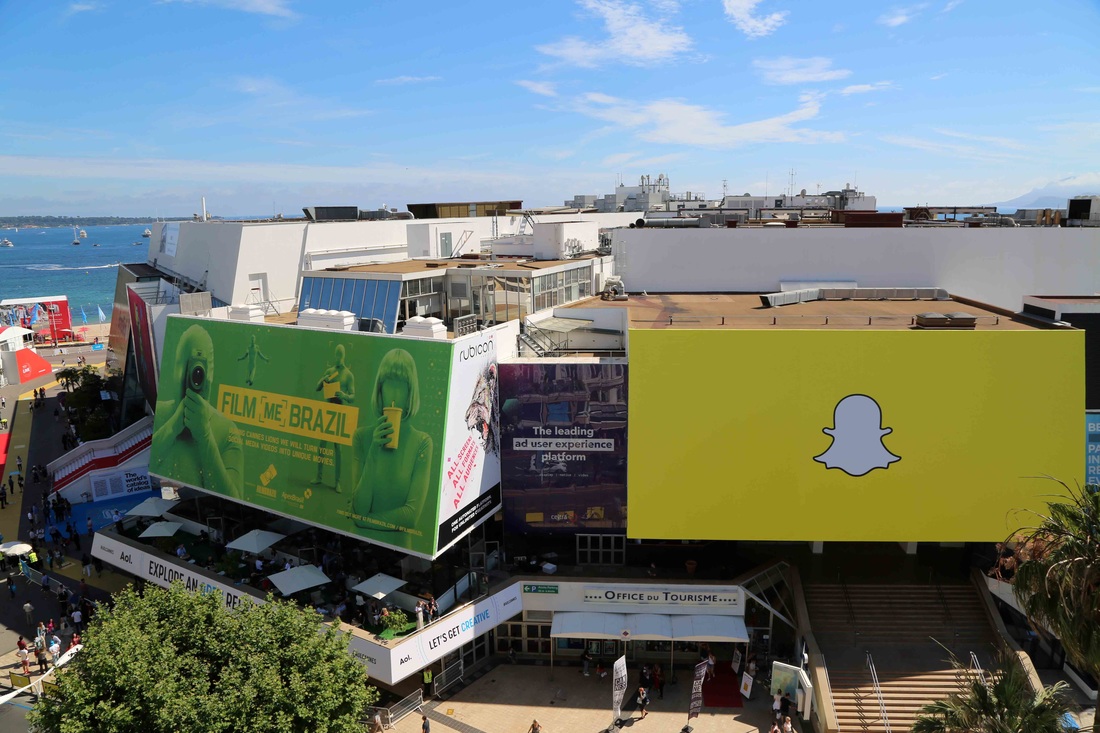


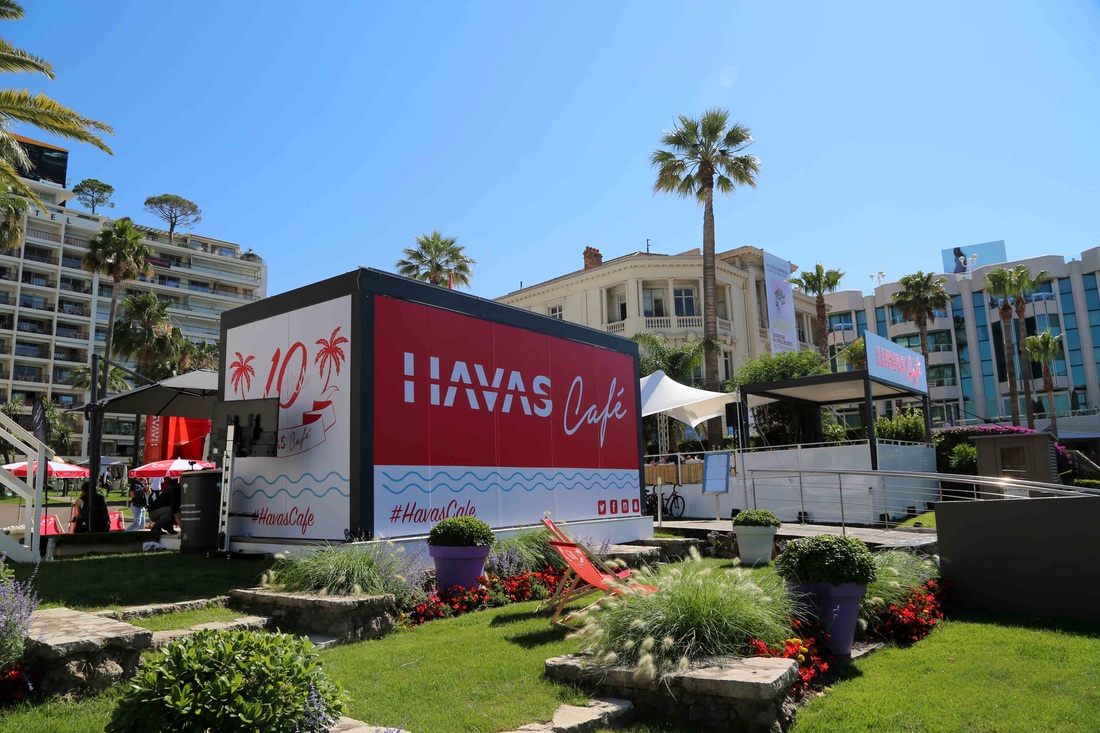
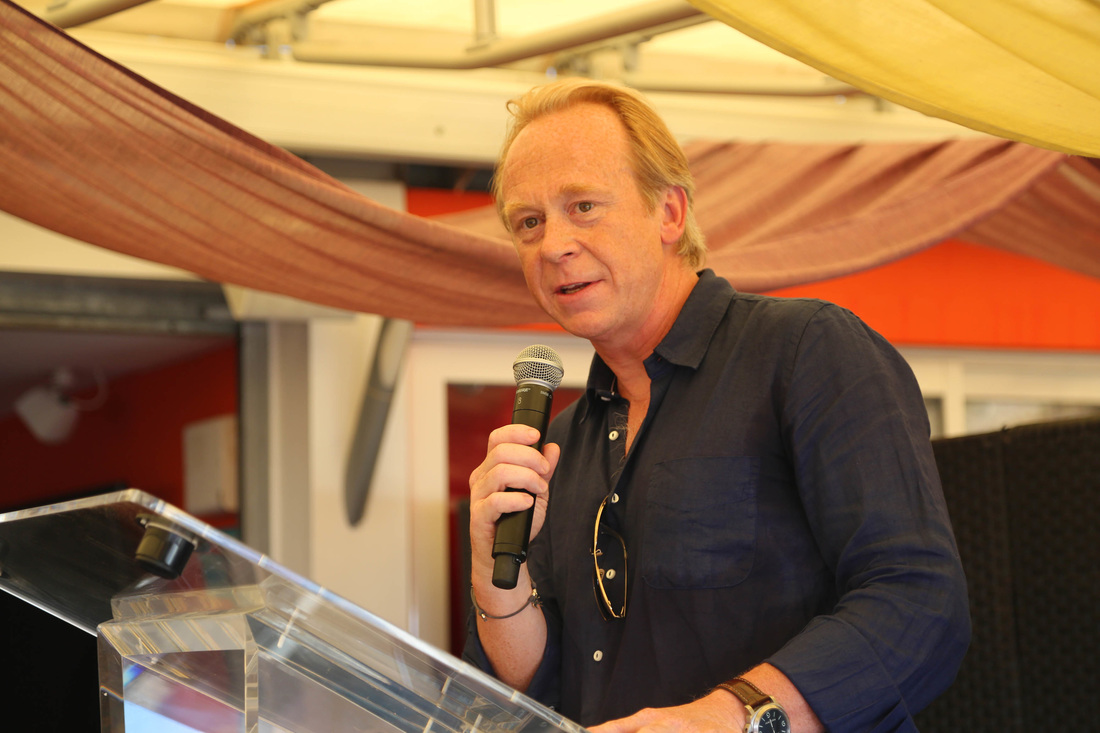

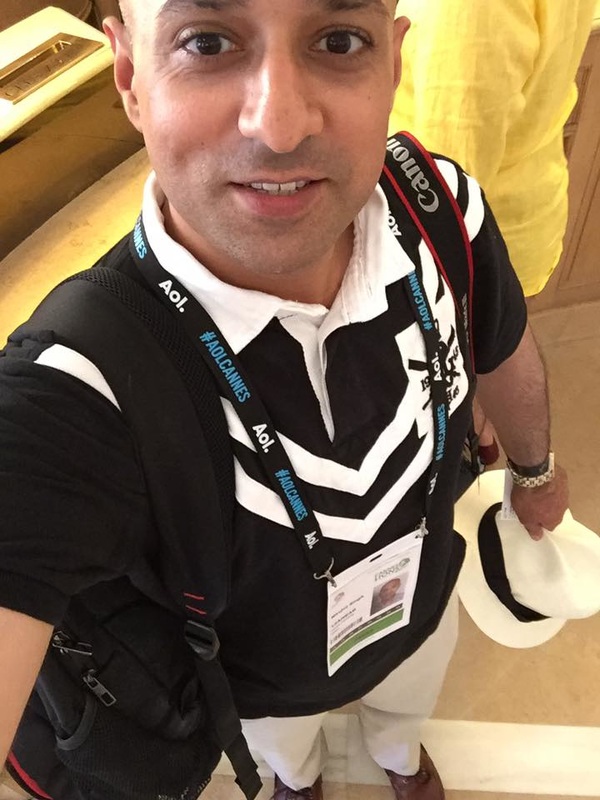
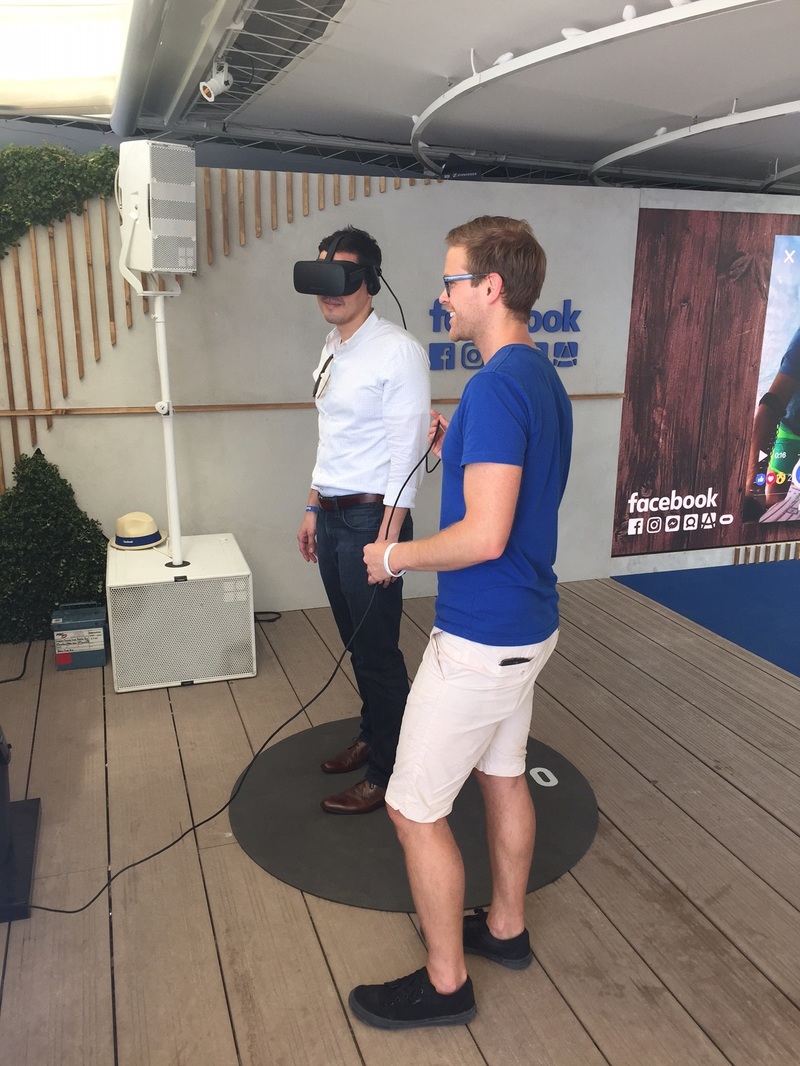



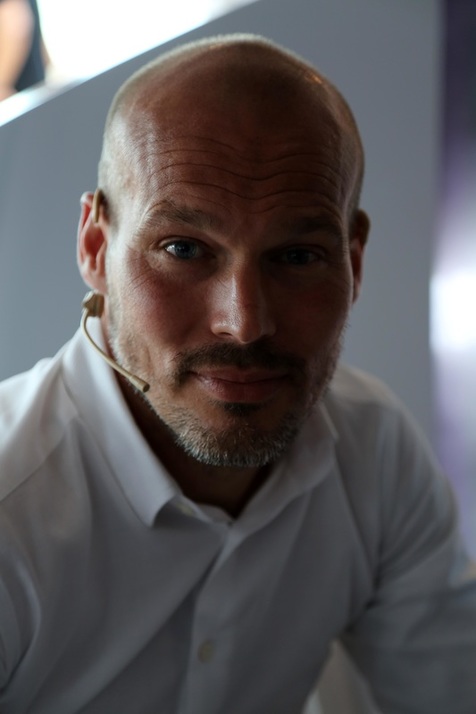
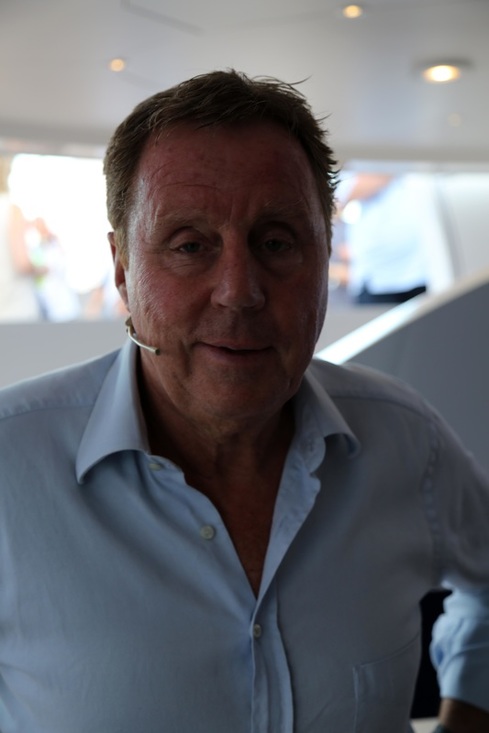
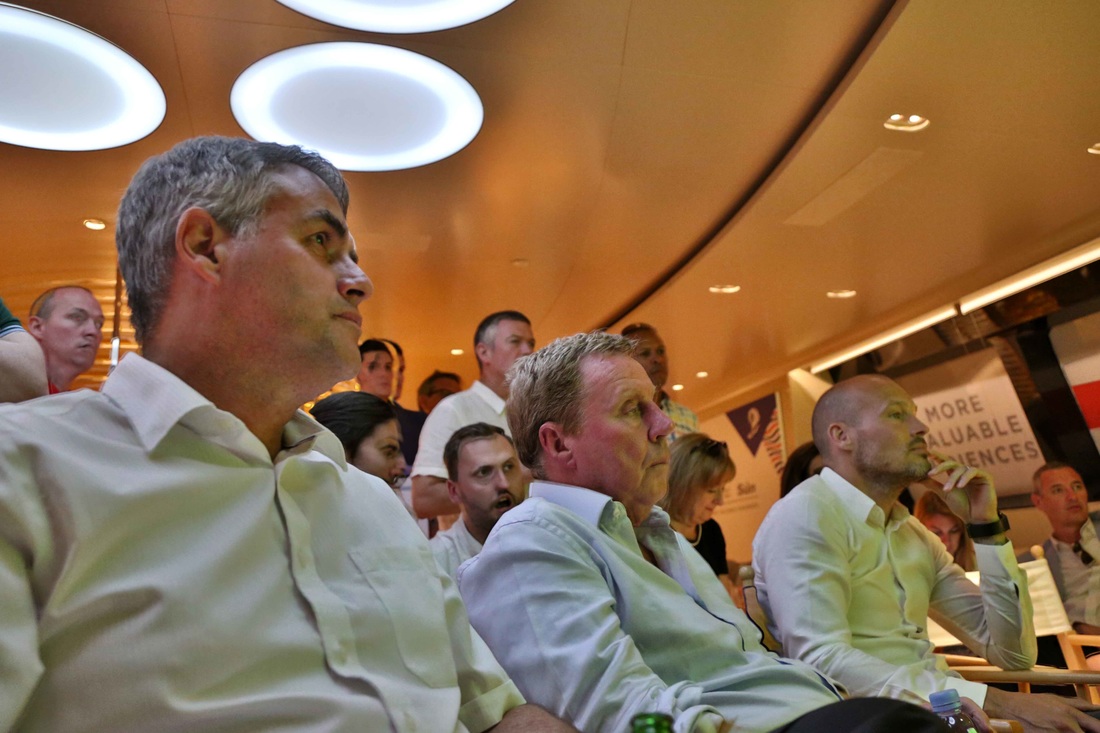
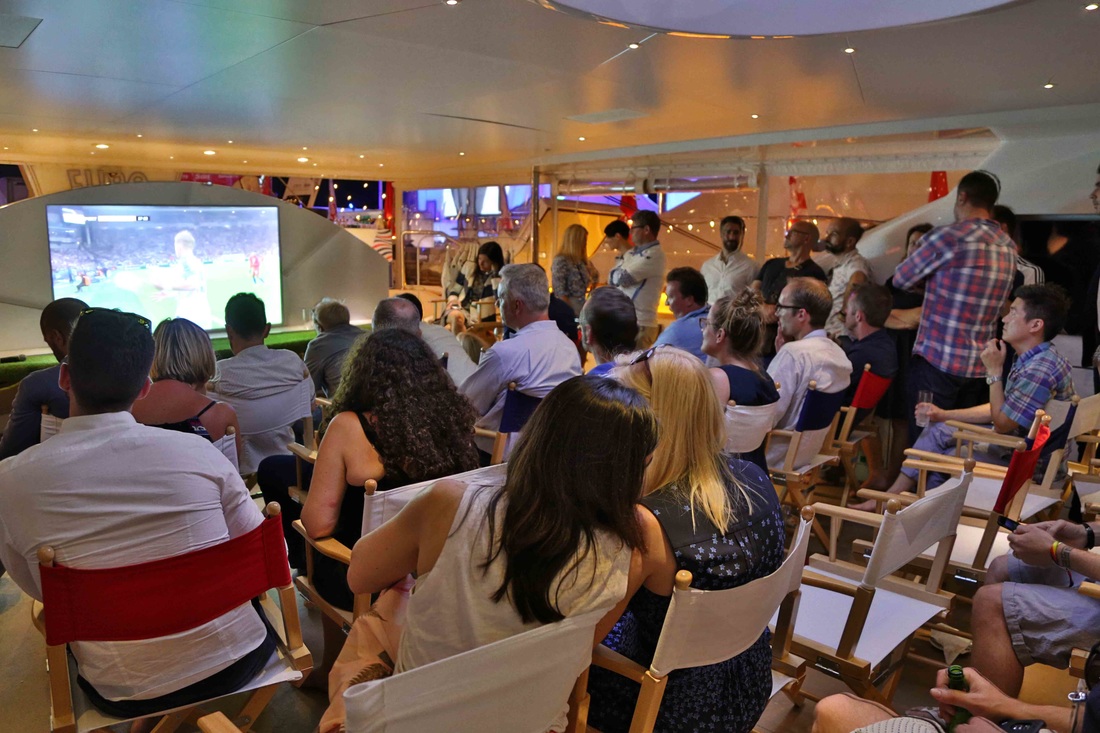






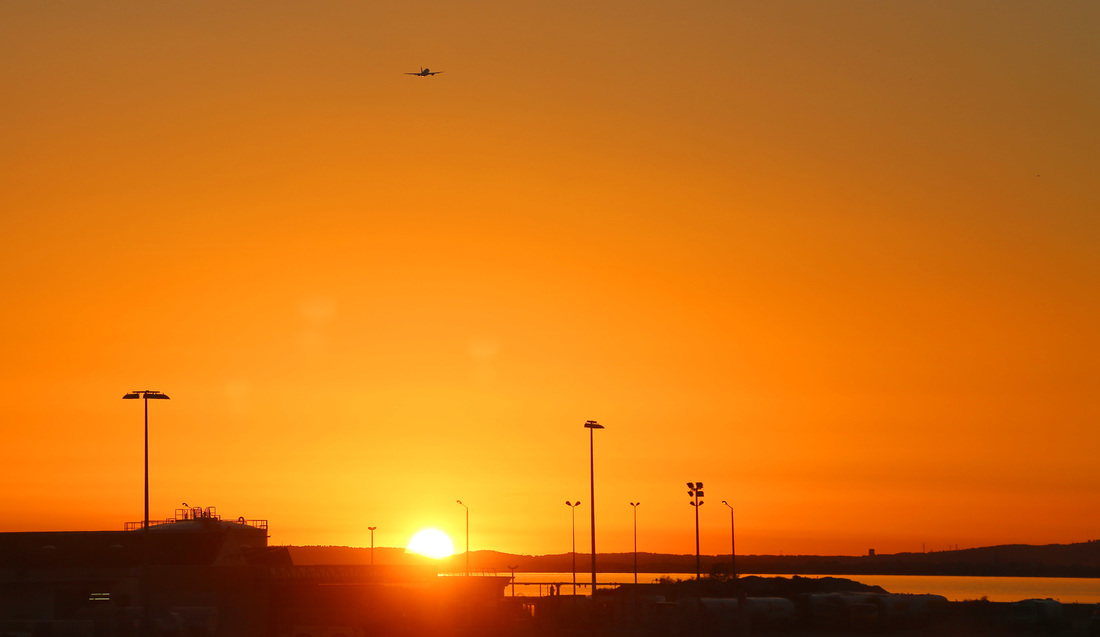

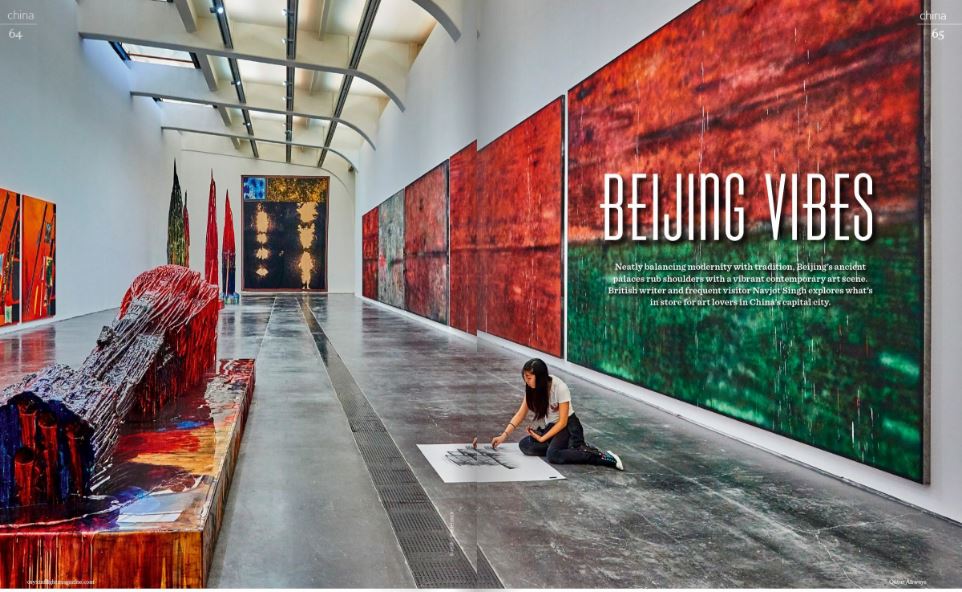
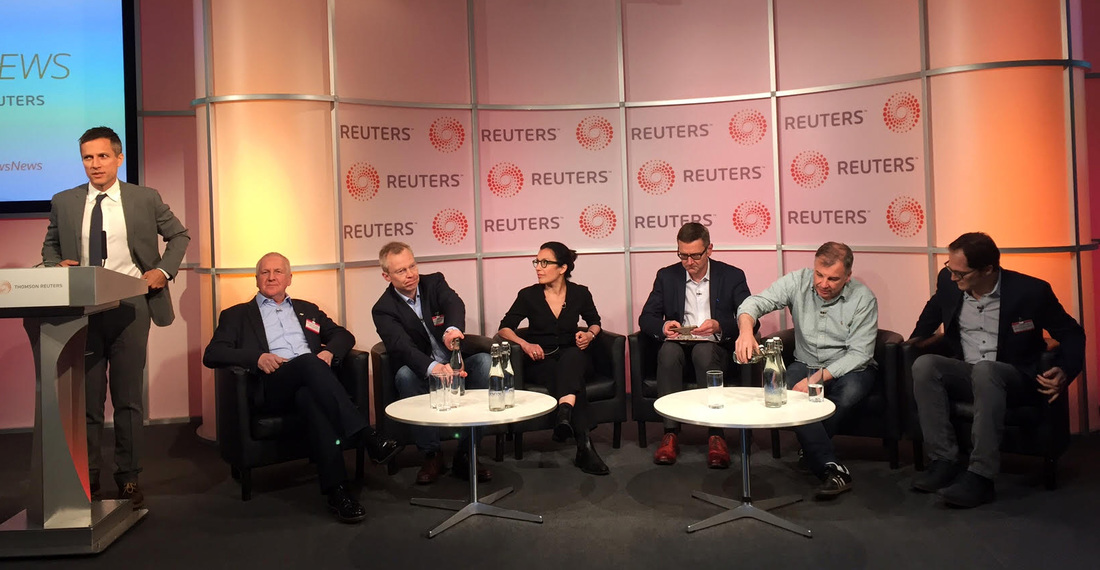
 RSS Feed
RSS Feed



